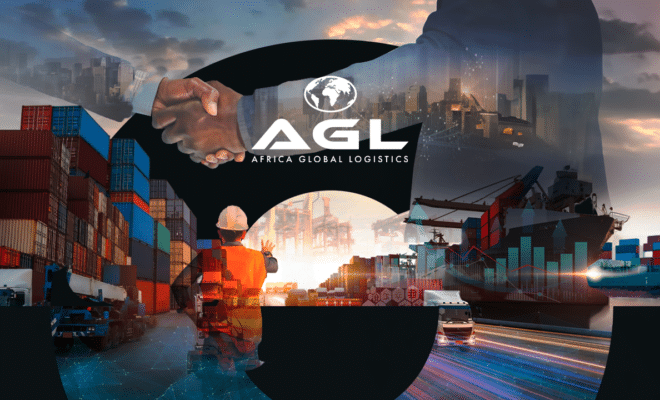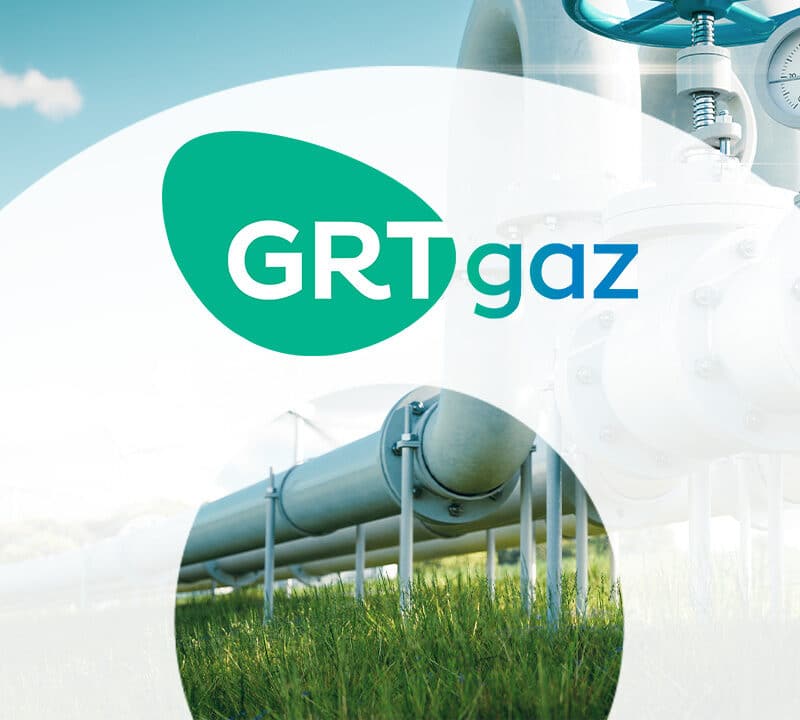Industry
The challenges facing the industry are numerous and complex. First, digital transformation has become an imperative for industrial companies, requiring adaptation to new technologies such as the Internet of Things, artificial intelligence, augmented reality, and blockchain. These advancements help improve efficiency, productivity, and quality but demand significant investments in technology infrastructure and employee training.
Another major challenge is sustainability and environmental responsibility. Companies must reduce their carbon footprint, manage waste and resources sustainably, and meet customer and regulatory expectations regarding sustainable development. This involves adopting cleaner manufacturing practices, using recycled materials, and reducing greenhouse gas emissions.
Innovation and product development are also key concerns. Companies must constantly innovate to remain competitive by developing new products and services that meet evolving customer needs. This requires investments in research and development as well as a deep understanding of market trends and emerging technologies.
Talent management is another pressing issue. Companies must attract and retain skilled professionals while ensuring employees acquire the necessary competencies to succeed in a rapidly changing environment. This includes training employees in new technologies, promoting diversity and inclusion, and fostering a culture of continuous learning.
Cybersecurity is a critical concern for the industry, as companies must protect their digital assets from cyber threats. This requires robust security measures, including the implementation of strict security protocols, employee training on risks, and continuous monitoring of IT systems.
Regulatory compliance is another challenge, as companies must adhere to constantly evolving national and international regulations. This can be costly and complex, requiring an understanding of applicable regulations, the establishment of compliance processes, and ongoing regulatory monitoring.
Supply chain management is also a crucial issue, as companies need to optimize their supply chains for efficiency and cost-effectiveness. This involves cost reduction, quality improvement, risk mitigation, and effective supplier relationship management.
Finally, globalization presents a challenge, as companies must adapt to rapidly evolving global markets. This includes understanding local cultures, regulations, and market trends, as well as managing risks associated with international operations.









